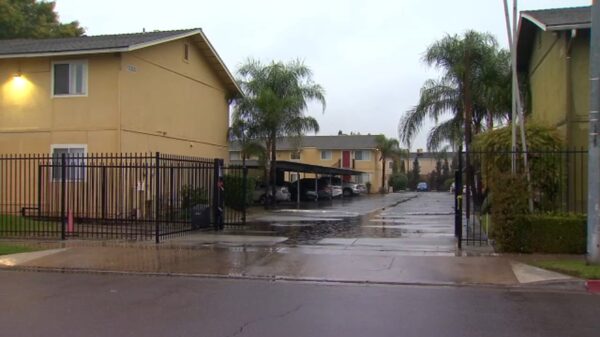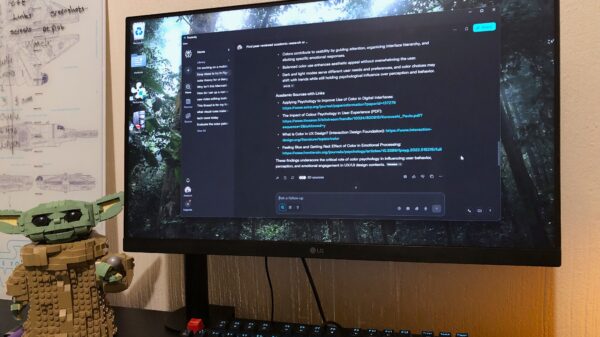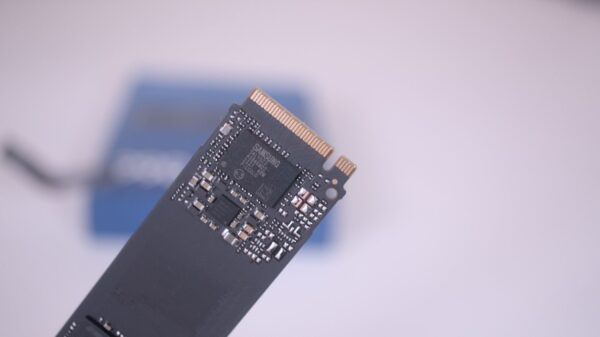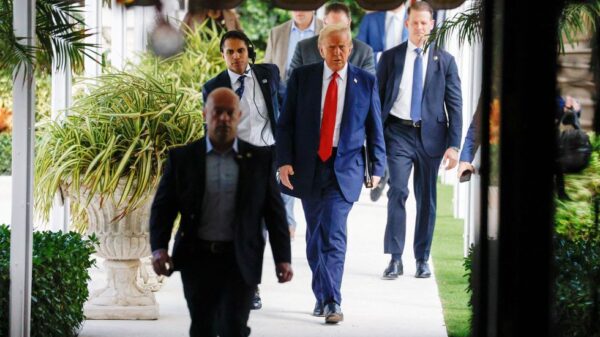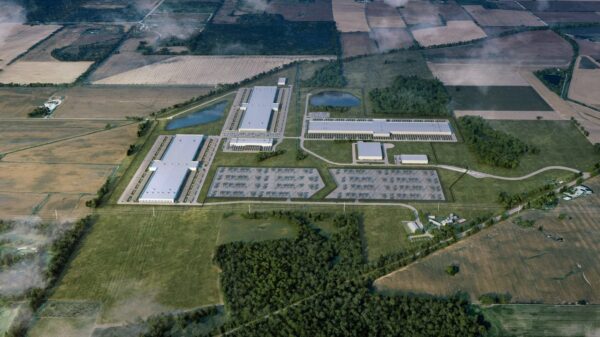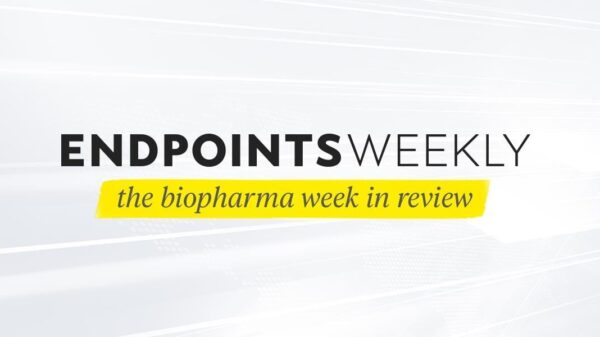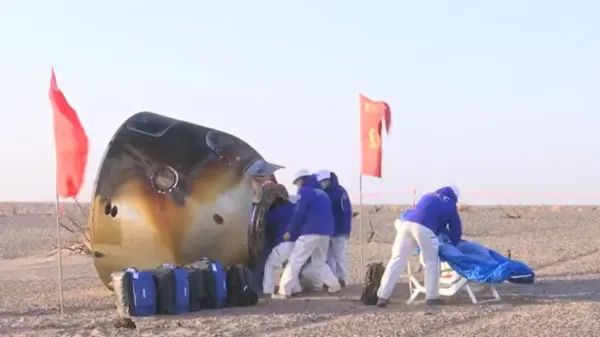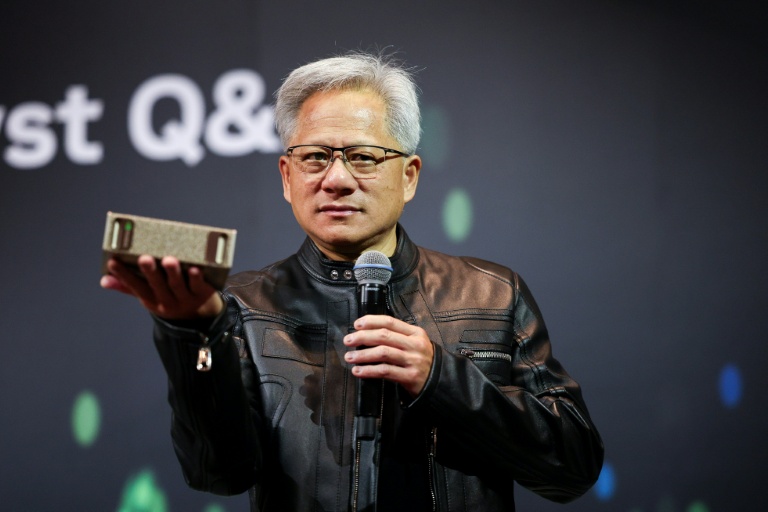Nvidia, the prominent US technology company, announced on July 11, 2023, that it will recommence sales of its H20 artificial intelligence chips to China. This decision follows new assurances from the US government, which has pledged to lift licensing restrictions that previously halted exports to the country. The California-based firm is known for producing some of the most advanced semiconductors globally but has been restricted from shipping its most sophisticated chips to China due to national security concerns.
The H20 chip is a less powerful alternative to Nvidia’s flagship AI processing units, initially developed specifically for the Chinese market. However, the initiative faced setbacks after the Trump administration tightened export license requirements in April 2023. In a statement, Nvidia confirmed that it is “filing applications to sell the Nvidia H20 GPU again,” reflecting optimism about securing the necessary licenses.
Nvidia’s CEO, Jensen Huang, expressed enthusiasm over the development during a video interview with CCTV, a Chinese state broadcaster. “The US government has approved for us (to file) licenses to start shipping H20s, and so we will start to sell H20s to the Chinese market,” he stated. Huang, known for his distinctive black leather jacket, highlighted his eagerness to resume shipments soon, calling it “very, very good news.”
Nvidia’s Strategic Engagement with China
Huang’s visit to China is significant, as he is scheduled to attend the 3rd China International Supply Chain Expo on July 16, 2023. According to CCTV, he will participate in various activities related to the expo, which underscores Nvidia’s commitment to the Chinese market. This trip marks Huang’s third visit to China this year, emphasizing the importance of the region for Nvidia’s business strategy.
China represents a crucial market for Nvidia, particularly as the company faces intense competition from local tech giants such as Huawei. The tightened US export controls have prompted concerns within the industry, as they may hinder Nvidia’s market position amidst a challenging economic environment in China. Beijing has criticized these restrictions, labeling them as unjust and detrimental to its technological advancement.
During a meeting with He Lifeng, China’s Vice Premier, in April, Huang conveyed a positive outlook regarding the Chinese economy, expressing his willingness to deepen Nvidia’s involvement in the market. He emphasized his intention to foster US-China trade cooperation, a sentiment echoed by the state news agency Xinhua.
Economic Context and Future Prospects
The backdrop of these developments is marked by a fluctuating Chinese economy. Recent reports indicate that China’s economy grew by 5.2 percent in the second quarter of 2023, despite ongoing trade tensions and a struggling property sector. President Xi Jinping has called for increased self-reliance in response to external uncertainties, pushing for advancements in domestic technology.
In May, the Financial Times reported that Nvidia was planning to establish a research and development center in Shanghai. While neither Nvidia nor local authorities confirmed the project, it signals the company’s long-term commitment to investing in China. As Nvidia navigates this complex landscape, the renewed ability to sell H20 chips could play a pivotal role in redefining its presence in the rapidly evolving Chinese tech market.
As the situation develops, the impact on both US-China relations and Nvidia’s competitive standing will be closely monitored by industry analysts and stakeholders alike.


